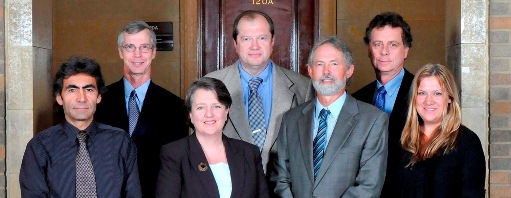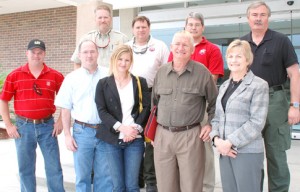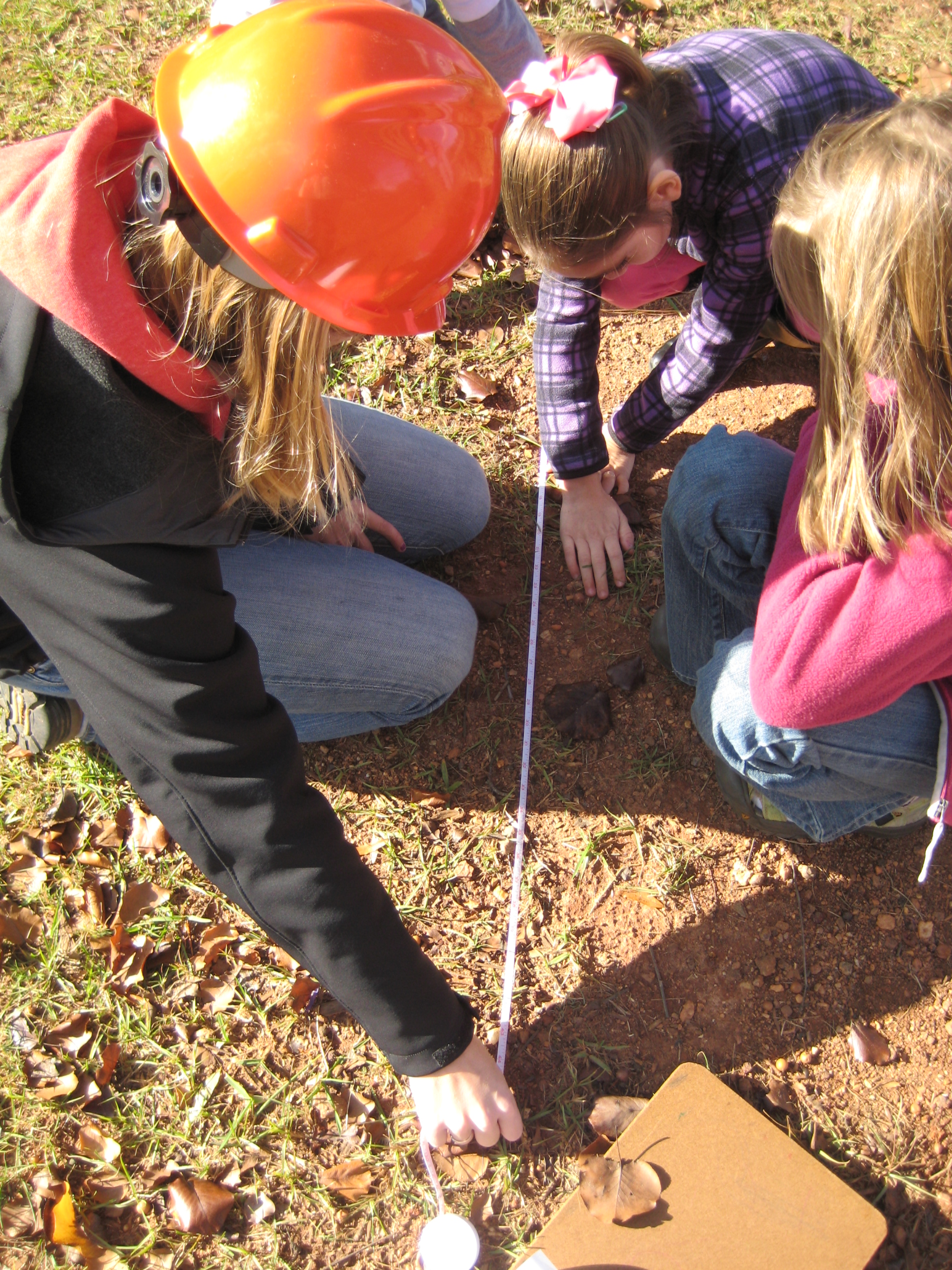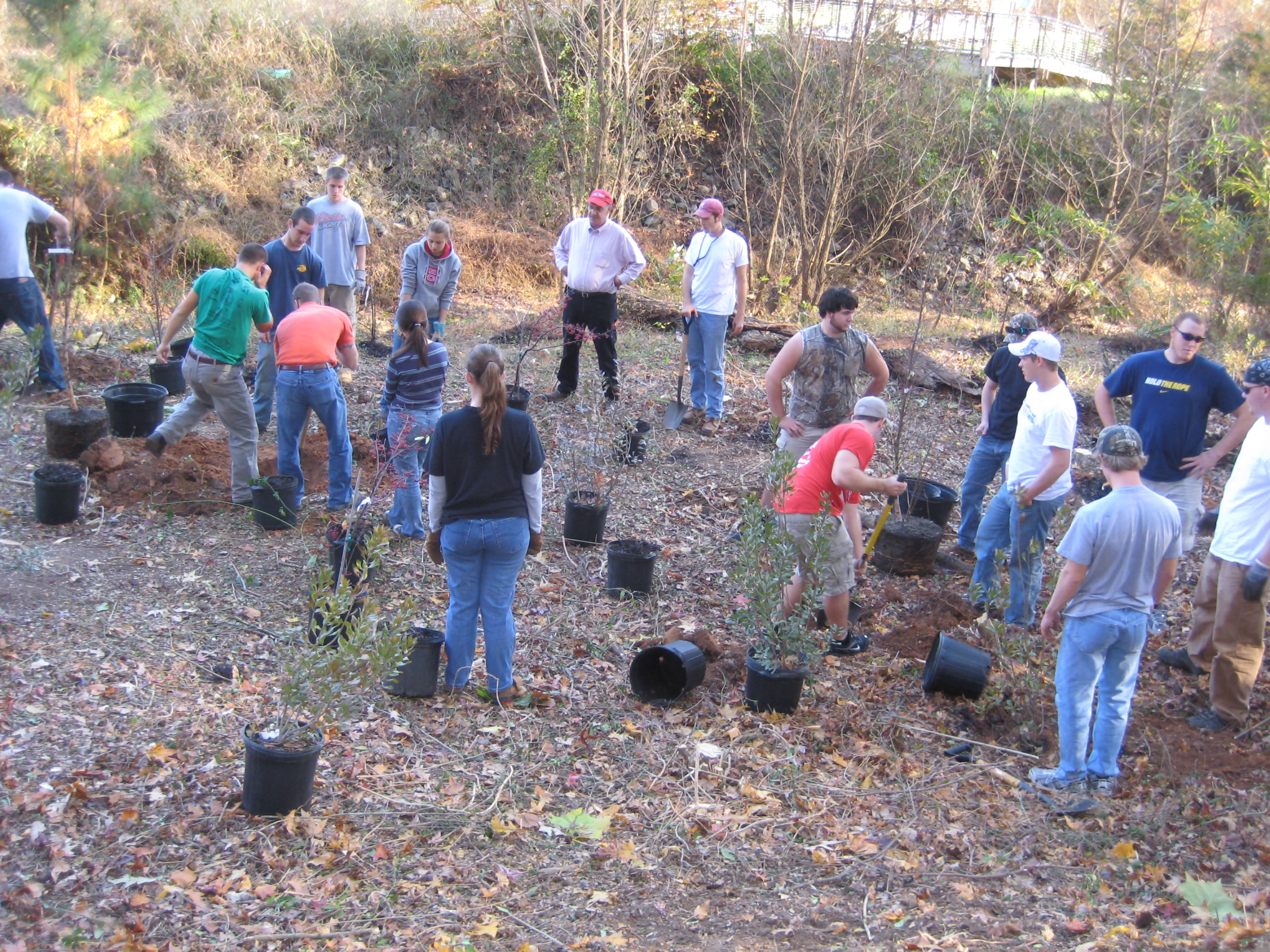NEWS RELEASE
For more information contact Jane Murray NCYCA 828.669.2145
Western North Carolina has one of the highest concentrations of summer camps in America. For generations, beautiful settings, ideal temperatures, and unspoiled terrain have contributed to the area’s popularity as a destination for summer campers from all over the world.
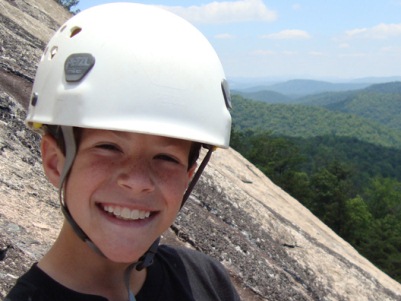 Anecdotal evidence has long suggested that these visitors and their families have a significant annual impact on local economies. That impact has now been quantified with the release of an economic impact study completed in January 2011 by a team of researchers from North Carolina State University.
Anecdotal evidence has long suggested that these visitors and their families have a significant annual impact on local economies. That impact has now been quantified with the release of an economic impact study completed in January 2011 by a team of researchers from North Carolina State University.
Economic Benefits
According to the study, residential summer youth camps in four western North Carolina counties (Buncombe, Henderson, Jackson and Transylvania) contribute $365 million in total economic impact to western North Carolina. The study also estimated a direct economic impact of $218 million, more than 10,000 full-time equivalent jobs created in addition to camp staff, $260 million in increased resident income, and $33 million in new tax revenues during the summer of 2010.
- Buncombe County (13 camps represented): $103 million total economic impact, $61 million direct economic impact, and $9.7 million in tax revenue
- Henderson County (18 camps represented): $120 million total economic impact, $77 million direct economic impact, and $10 million in tax revenue
- Jackson County (2 camps represented): $11.5 million total economic impact, $7 million direct economic impact, and $0.8 million in tax revenue
- Transylvania County (17 camps represented): $126 million total economic impact, $84.5 million direct economic impact, and $11 million in tax revenue
The study was completed by Dr. Michelle Gacio Harrolle and Dr. Samantha Rozier Rich of the Department of Parks, Recreation & Tourism Management at NC State University, and was commissioned by the NC Youth Camp Association (NCYCA) with funding support from Morrow Insurance Agency, Inc. (Hendersonville, NC) and the American Camp Association Southeastern.
The study collected data from camp directors, camp staff, and camp families based on camp information from the summer of 2010. A total of 45 camps participated with a total of 40 usable surveys representing 50 camps from Western North Carolina.
From staff data, approximately 540 usable surveys were collected representing 5,477 total staff. Seasonal staff, who traveled specifically to WNC because of the residential camps, were shown to spend an average of $2,402 during their stay (before, during, and after camp) in WNC.
Visitor data (collected from camp families’ data) provided 4,600 usable surveys representing nearly 53,238 families. Total attendance at camps was estimated to be 53,238 over the summer, with 49,665 who were considered “incremental visitors.” These incremental visitors, who traveled specifically to WNC because of residential camps and did not live in the four-county WNC region, each spent an average of $2,096 during
their multiple stays in WNC.
The Benefits for Youth
The study also examined families’ perceptions of the benefits of summer camps. More than 93% of camp families feel camps make a positive difference in their children’s lives, and 95% would not only recommend a camp experience but would send their child back to camp.
The top three benefits of organized camps (according to camp families) include:
- Gaining independence
- Improving self-confidence
- Developing new skills
Camps and Tourism
Additionally, the study demonstrated a mutually beneficial relationship between summer camps in WNC and tourism. Specifically, when examining camp families’ travel behaviors, 82% of families traveled to WNC by car and those who stayed overnight stayed primarily in hotels for an average of four nights. A majority (69%) considered themselves to be tourists and participated primarily in four types of activities during their camp-related travel: shopping, visiting a scenic area, hiking, and visiting historical sites/museums.
Overall, findings from this study illustrate that camps generate considerable economic impacts and that these impacts have dramatically increased since the last study conducted in 1998. Additionally, camps are providing an opportunity to improve the lives of our children.
Please visit www.nccamps.org for the complete study.
Challenges Ahead
According to Gordon Strayhorn, President of the NC Youth Camp Association and owner of Camp Illahee in Brevard, there are five key issues currently threatening the camping industry- school calendars, building codes, urban growth, taxes and public land permits.
####
About the North Carolina Youth Camp Association: The NCYCA is a trade association formed by North Carolina summer camps to expand public understanding of youth camps and to represent their interests with local, state and federal policymakers. The Association seeks to strengthen and expand the educational, environmental and recreational opportunities provided by North Carolina’s camps.
About the American Camp Association: The American Camp Association works to preserve, promote, and enhance the camp experience for children and adults. This is accomplished through the only nationwide accreditation program, through professional development, and public awareness programs and public policy monitoring. ACA-accredited camp programs ensure children are provided with a diversity of educational and developmentally challenging learning opportunities. There are more than 2,400 ACA-accredited camps that meet up to 300 health and safety standards nationwide. For more information, visit www.acacamps.org.
